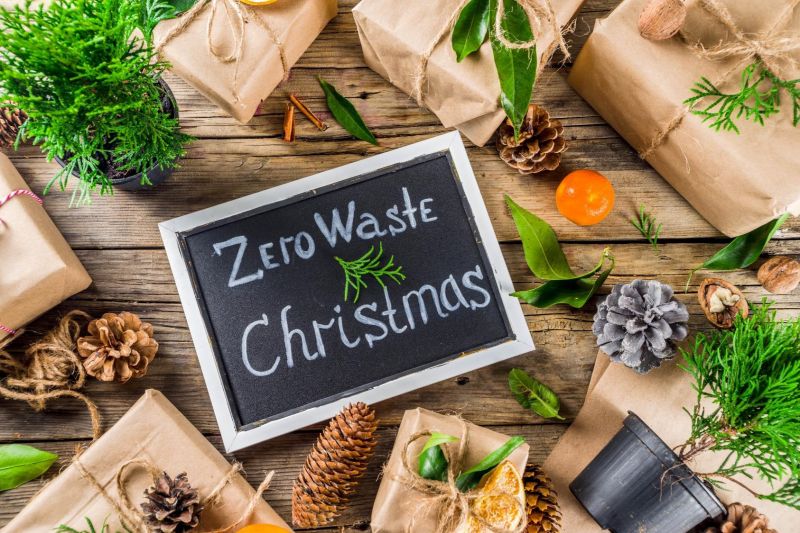
Reframing a zero waste xmas campaign
By Livvy Drake
Recently in a behaviour changemakers session we were looking at a mentees’ Zero Waste Christmas campaign that she is developing with her 8-11year old eco ambassadors.
One of the two focus areas (to avoid overwhelming the audiences), was around addressing the wasteful practice of giving gifts that are unwanted and therefore wasted.

In the session, we firstly worked through the research on the cognitive, emotional and social drivers Christmas traditions plays into, to consider how these could be barriers and motivators to change, especially for people who weren’t concerned about the wastefulness of Christmas. (See this blog for insights).
Generosity appeared to be a core opportunity to address as it is very emotive and socially significant for us humans.
Giving gifts came about in the 19th century as a signal of social status. And the act of giving, makes us feel better about ourselves- in one study giving money was more stimulating for the brain than receiving it. And for a species that’s survival is hardwired to being accepted and fitting in with the tribe, it makes sense,
“Generosity evolves because, at the ultimate level, it is a high-return cooperative strategy…even in the absence of any apparent potential for gain. Human generosity, far from being a thin veneer of cultural conditioning atop a Machiavellian core, may turn out to be a bedrock feature of human nature.”
Scientific American
So in the session, we focused on how giving a meaningful gift could amplify the sense of being considerate and generous, as well as being joyful for the recipient. We explored how the children could help busy and time-poor adults achieve this.
The mentee and her school children already have a lot of ideas about waste-free Christmas solutions such as giving time, and experiences BUT the first action that they will be championing will be asking people to find out what their gift-recipients value and actually need.
In considering how they could communicate this campaign to other children and parents who may not be bothered about waste. We used the Campaigns that Work wheel to check how the comms would be:
- Customised for the audience
- Using good norms
- Specific actions
- Catalyzing commitments
- Tapping positive emotions
- Showing it matters
By the end of the session, the mentee had decided that in fact the ´zero waste’ campaign should be renamed the ‘Joyful Christmas”.
Are you asking people to change their Christmas traditions for the environment? Have you thought about what is behind them and what human need they are
To give yourself the gift of the changemakers mentoring programme find out more here:




